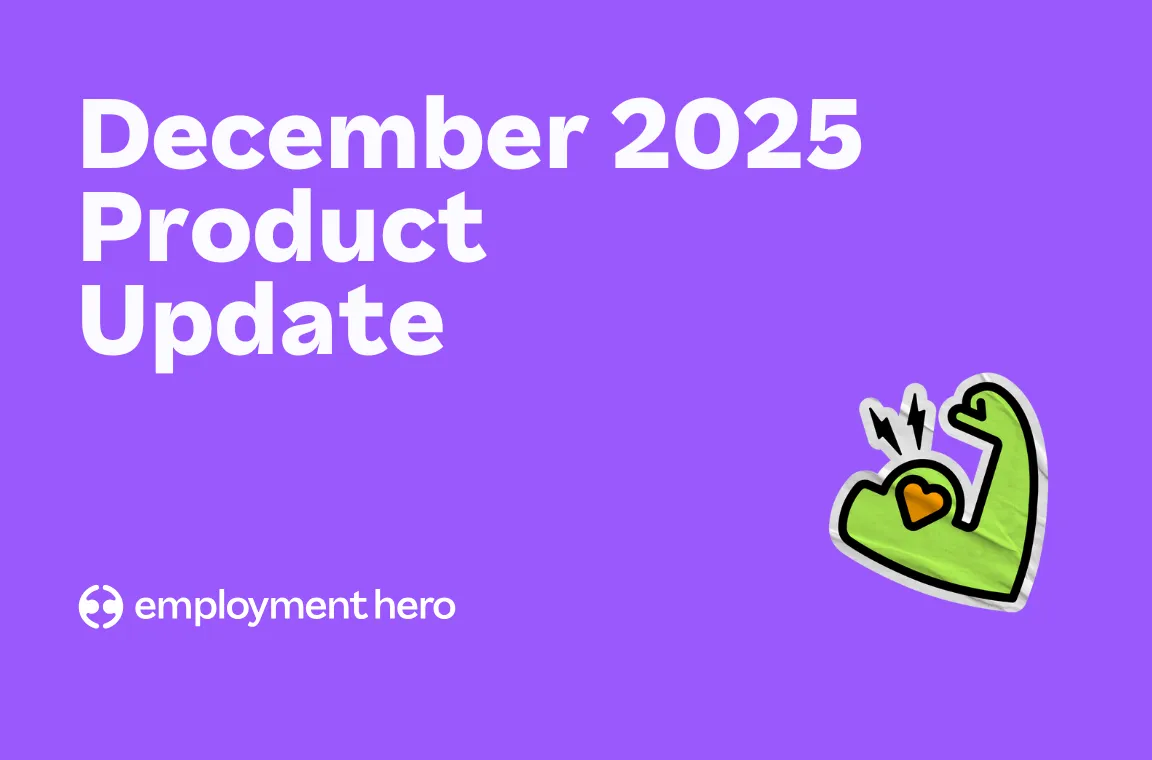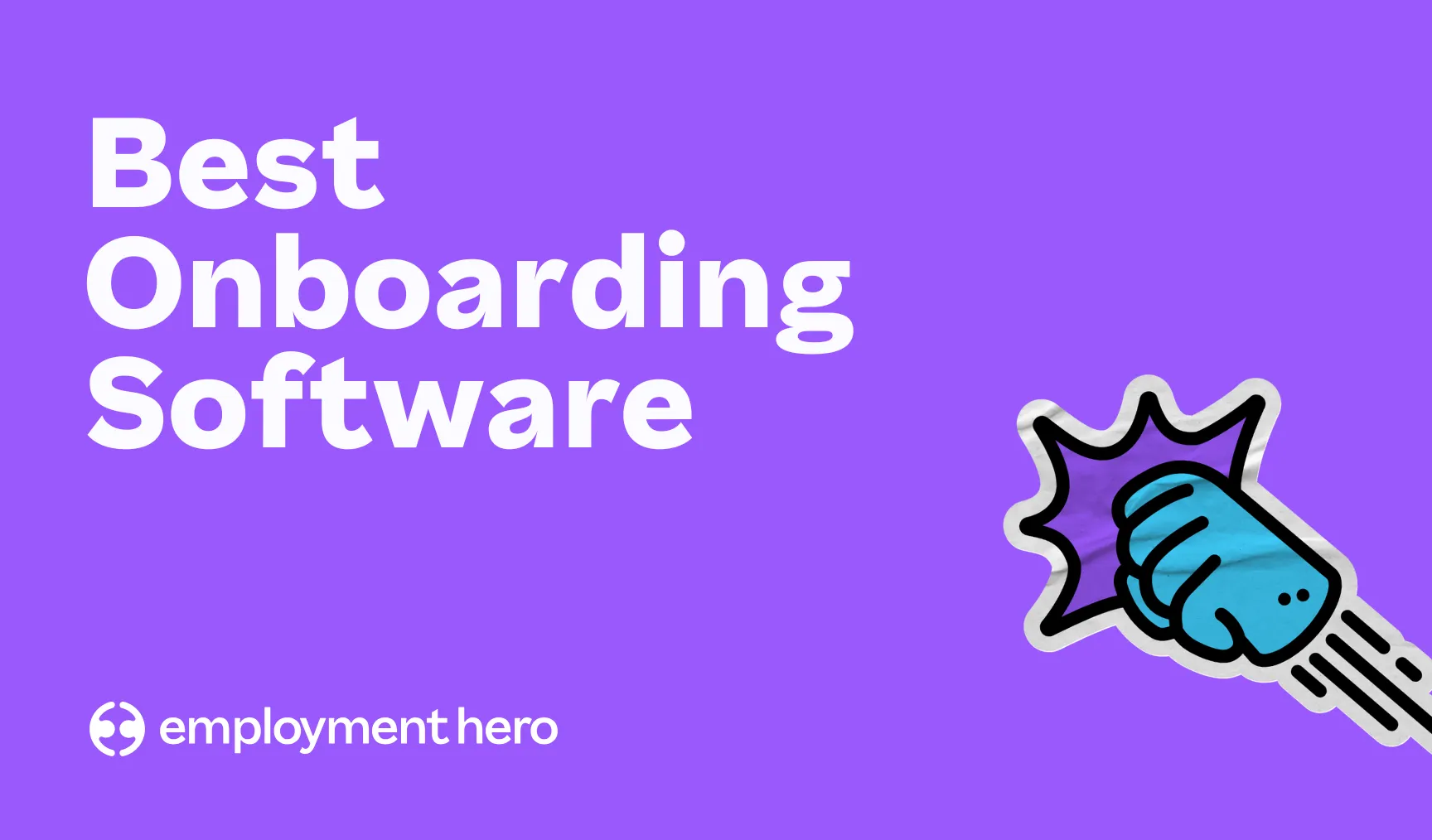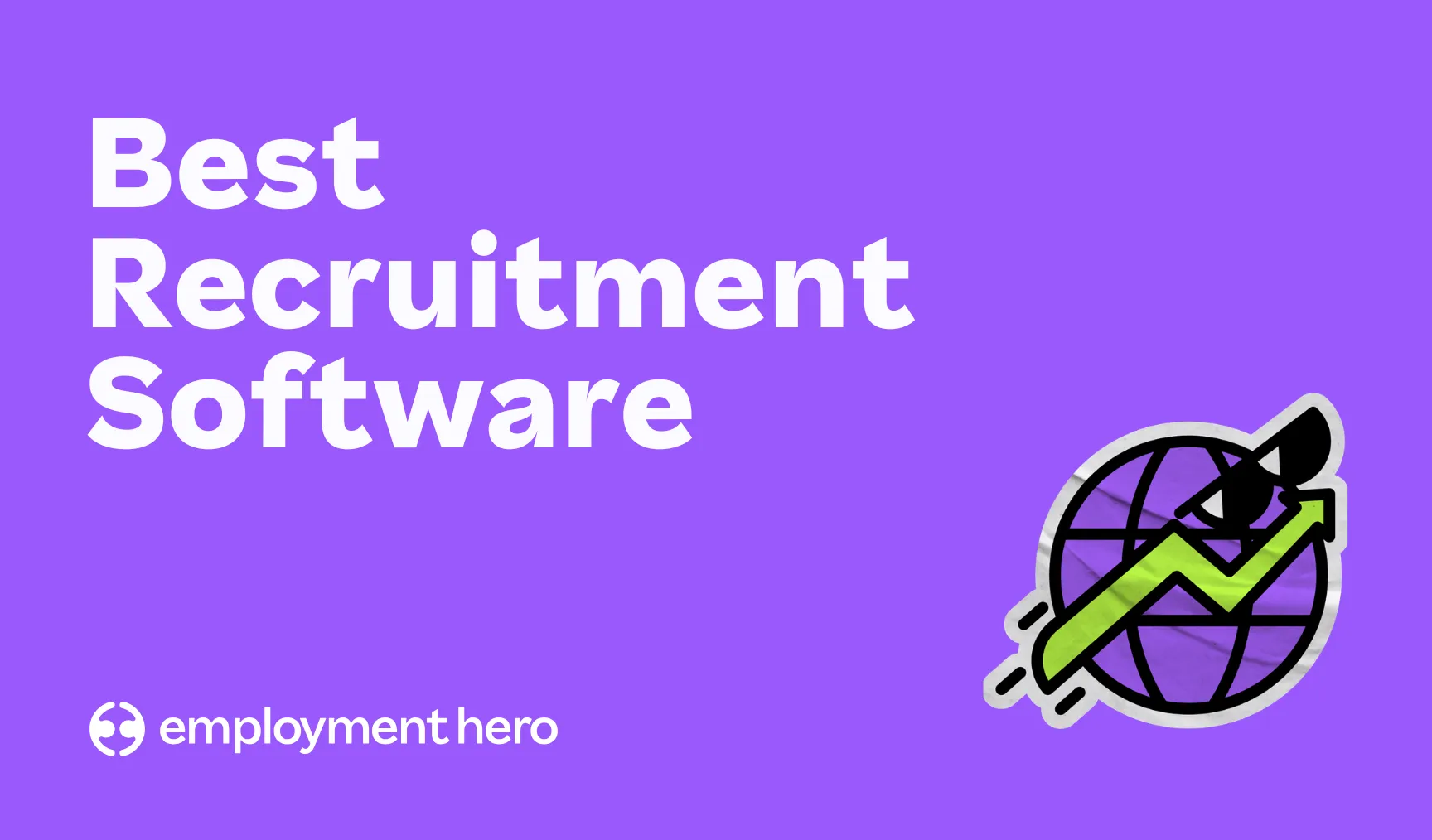What are NZ business leaders thinking about in 2024?
From AI advancements to evolving workplaces, find out what’s on the minds of New Zealand’s business leaders and how you can prepare for the future.

Contents
Can someone explain how it’s already February? 2024 is well and truly racing past, and for Kiwi business leaders, there’s plenty of new challenges and opportunities on the way. From the rocket-fueled growth of AI to the changing workplaces of New Zealand, there’s lots for business leaders to consider and address – and they’ll have to do it fast.
If you’re curious about what challenges await the business world this year, we’ve got some ideas. Here’s our list of six things that business leaders are thinking about in 2024.
Responsible use of AI
There’s a reason that ‘AI’ was named word of 2023 in Collins Dictionary – artificial intelligence is everywhere right now. That’s only going to increase in 2024, with business leaders searching for new and exciting ways to utilise the technology and streamline operations. That could include using ChatGPT text for their marketing materials, or bringing in new software to revolutionise how they manage their people.
Of course, with the growing use of AI comes the inevitable discussion around how it should be used. That includes the responsible use of data, potential breaches of copyright by content generators and the impact on business operations should AI raise unseen complications. Business leaders will likely have to identify and manage these complex conversations in the months ahead, and ensure that they’re continuing to stay on the right side of the law.
They should also make sure they’re using AI features from verified sources. Here at Employment Hero, our AI features are designed for safe use in a business with the sole purpose of streamlining people management operations.
 The rising cost of living
The rising cost of living
Inflation continues to bite into New Zealand consumer’s pockets, with an annual rise of 4.7% reported in December 2023. As inflation and economic uncertainty trickles down into all aspects of our lives, it’s inevitable that it could raise issues for Kiwi business leaders.
For leaders, they’ll have to ensure that their own business survives through the challenging time, while supporting their people as best they can. Now is an important time to ensure that their businesses have everything they need to thrive and that they’re ready for all the potential employment quandaries that a shrinking economy could present.
That could include offering sufficient monetary compensation and workplace benefits to keep employees on board. Benefits like bonuses or extra annual leave were both named as some of the top choices of employees in our Talent Insights Report.
The office vs. remote work battle
While the country-wide lockdowns are firmly in the rearview mirror, we’re still reckoning with the impact of remote work. Those businesses who can enable remote or hybrid work appear to fall into two camps – the first, pushing for a return to pre-pandemic office life and the latter, embracing a new world of flexible work. Those who have mandated a move back to the office have seen significant pushback from employees, which is risky when trying to retain their workforce.
Here at Employment Hero, we’re keen champions of remote work, so naturally we’re pretty biased. However, the stats support us that enabling a flexible workplace means a happier team – and they’re saving money on the commute too. However, for employers with expensive buildings sitting empty, 2024 is really going to be the year where they finally have to make a decision on remote work.
 Managing skills shortages
Managing skills shortages
Following last year’s tough labour market statistics, immigration has been opened up significantly to manage skills shortages. However, for many businesses, finding top talent is still a challenge and it’s a challenge they’ll be expected to mitigate for months to come.
With that in mind, we’ll likely see more employers look to recruit employees from overseas. They’ll have to navigate technology and the unique challenges that Immigration NZ can present, with their frequently changing visas and guidelines. Services like an Employer of Record (EOR) could support those industries who can use remote workers, such as IT companies or business service providers, allowing them to bypass the visa process altogether by employing people in other countries.
Creating an engaged team
According to some recent US-based surveys, employee engagement is rapidly waning and it’s likely that here in New Zealand, we’ll see some similar effects. As we balance hybrid, remote and in-office work, and as a tough economic environment adds additional stress and pressures for employees, this year could require employers to find new and exciting ways to build employee engagement at work.
An engaged team is the ultimate goal for HR and business leaders, but it can be very difficult to achieve. That’s partly because it’s something that needs to be constantly nurtured – like growing a plant, you can’t just put it in a pot and leave it. Creating an engaged workforce requires constant nurturing and improvements, and assessing your progress should be non-negotiable. If you’re not sure where to begin, bringing in effective employee engagement software is a good place to start.
 Ensuring psychosocial safety
Ensuring psychosocial safety
Last year, New Zealand workers were said to be more likely to suffer burnout than any other country. While the country is gradually inching to a more open conversation about mental health, there’s still a ton of work to be done in supporting those at risk.
What many employers may not be aware of, is that supporting the mental health of their employees is a legal requirement. Stress and burnout is classified as a health and safety risk, and one that employers can find themselves penalised for if they don’t take steps to manage it. In fact, at the start of 2024, an ex-employee of the Warehouse Group was paid nearly $50,000 by the company in compensation, when the Employment Relations Authority deemed that he had been treated unfairly and had suffered severe burnout as a result.
For employers in 2024, the mental health risks of their employees should be treated as seriously as physical risks.
Find out how Employment Hero can help you through 2024 and beyond
If this all sounds a little doom and gloom, it doesn’t have to. Business and HR leaders can tackle these issues to ensure a happy team and a thriving company with support from our software. Employment Hero is there to help you manage all aspects of employment, from finding employees in New Zealand (and beyond), to creating a strong company culture both in and out of the office, and ensuring an engaged team who look forward to coming to work.
To find out more about Employment Hero, book a demo with one of our team today.
Related Resources
-
 Read more: Product Update: December 2025
Read more: Product Update: December 2025Product Update: December 2025
Welcome to the December 2025 product update from the Employment Hero team. We’ve got lots to share around Custom Forms,…
-
 Read more: Best Onboarding Software in New Zealand (2026)
Read more: Best Onboarding Software in New Zealand (2026)Best Onboarding Software in New Zealand (2026)
Streamline employee onboarding with the top 6 software in NZ for 2026. Compare the best tools to create a seamless…
-
 Read more: Best Recruitment Software in New Zealand (2026)
Read more: Best Recruitment Software in New Zealand (2026)Best Recruitment Software in New Zealand (2026)
Find the top six recruiting software in NZ for 2026. Enhance your hiring process with these powerful recruitment tools.






















